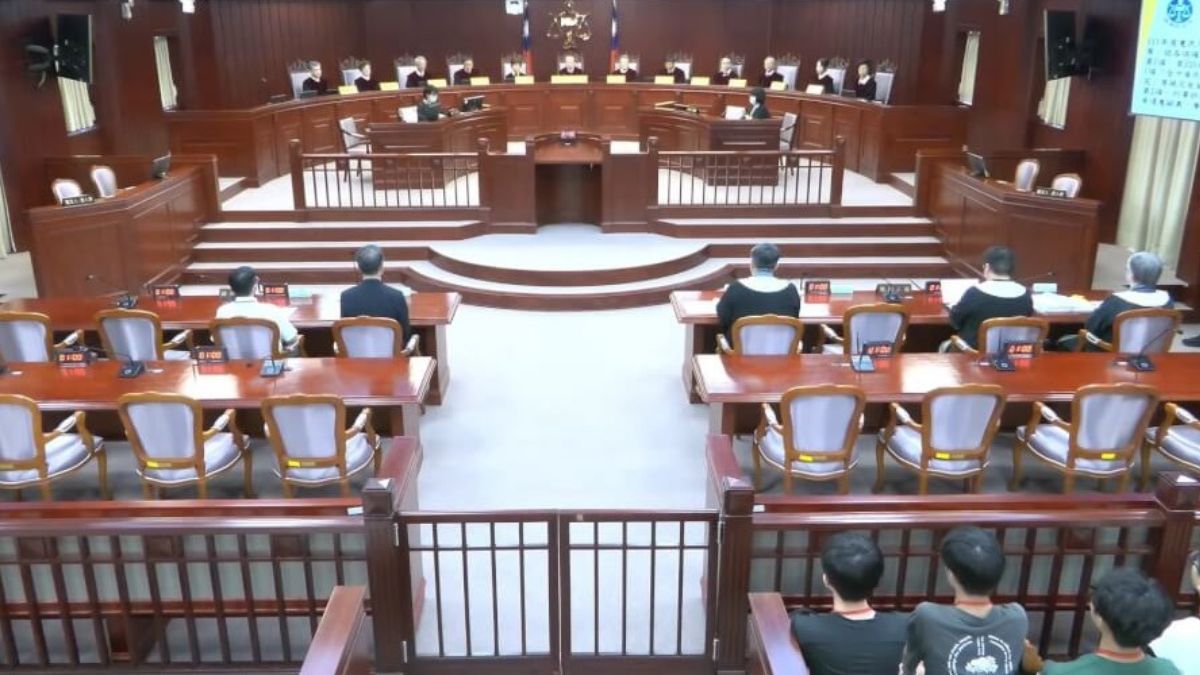Taiwan’s Constitutional Court, on September 20, 2024, upheld the constitutionality of the death penalty in response to a petition filed by 37 death row inmates. The petitioners had claimed that capital punishment violated their right to life and human dignity. Chief Justice Hsu Tzong-li conveyed the court’s ruling, affirming that the death penalty is lawful under Taiwan’s Constitution and should be reserved for the most serious crimes, including murder.
The ruling followed months of deliberation and came after the court consolidated several petitions from human rights groups advocating for the abolition of capital punishment. According to public opinion polls, over 80% of Taiwanese citizens support retaining the death penalty.
During the ruling, Chief Justice Hsu highlighted the serious nature of the crimes committed by the inmates, asserting that the punishment was proportionate to the offences. The court maintained that the application of capital punishment does not violate the United Nations Covenant on Civil and Political Rights, countering claims made by the plaintiffs’ legal representatives.
The case was initially expected to yield a decision by late July but was postponed to allow further consideration. Prior to the ruling, legal experts had speculated that the chances of the court abolishing the death penalty were minimal, with statements from both the Legislative Yuan and the Ministry of Justice opposing such a move.
Since the Democratic Progressive Party (DPP) assumed power in 2016, only two executions have been carried out, both during former President Tsai Ing-wen’s first term. Currently, speculation surrounds the court’s composition, with concerns voiced by opposition lawmakers regarding the potential for judicial rulings to influence legislative matters surrounding capital punishment.

